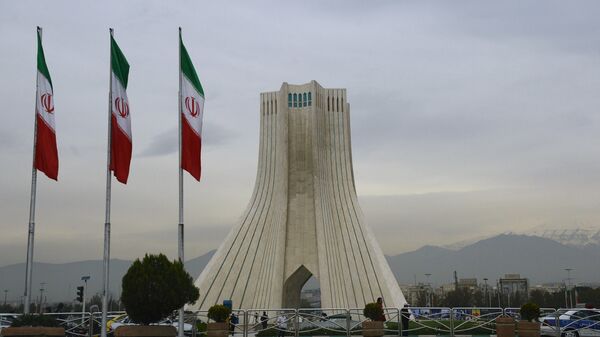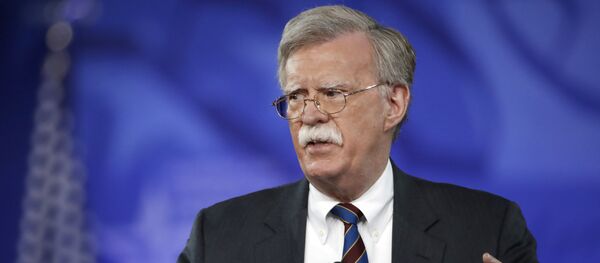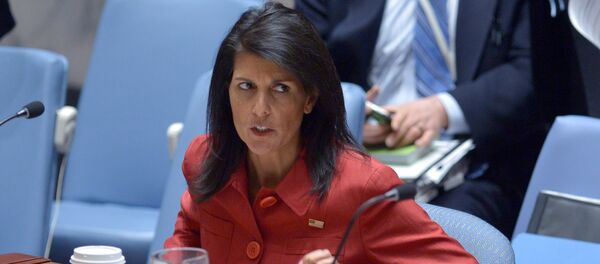Sputnik discussed the deadly attack in Ahvaz with Mohammad Marandi, a Middle East expert and American studies professor at the University of Tehran.
Sputnik: Two groups have claimed responsibility for this very tragic attack in Iran. In your view, can these claims be trusted and why?
Mohammad Marandi: Iranian intelligence says that one [group] is ISIS (Daesh) and the other is a group called al-Ahvaziya. Both of these groups have a history of being funded by Saudi Arabia, especially during the first years of the conflict in Syria; until 2014-2015 the Saudis were funding ISIS. Al-Ahvaziya used to be funded by Saddam Hussein during the war between Iran and Iraq, when Saddam Hussein invaded the country. The irony and the interesting thing here is that the parade which was the target of the attack was on the anniversary of the war that Saddam Hussein imposed on Iran. After Saddam Hussein was overthrown, they gradually shifted to Saudi Arabia. The Iranian intelligence is saying that two countries, Saudi Arabia and the UAE, have been funding al-Ahvaziya; and if it's them who carried out the attack, it's the Saudis and the Emiratis who are behind it.
Mohammad Marandi: Obviously, it's going to make things more difficult because Iranian intelligence has been saying for a long time that the Saudis, the Americans, the Israelis and the Emiratis have been working to strengthen terrorist organizations both alongside the Pakistani border with Iran and in Iraq. And the attack took place very close to the Iraqi border, so logistically it's much easier for these groups. That's why attacking Tehran or cities inside Iran is much more difficult. This attack, which has been carried out by either the al-Ahvaziya group or ISIS, comes after the Saudi Crown Prince stated last year that he wants to take the war into Tehran. Soon after that, actually, there was the first ISIS attack on Tehran last year. The first ISIS attack on Iran was carried out in Tehran literally a couple weeks after Mohammad bin Salman said he wanted to take the war to Tehran.
Sputnik: It's only going to destabilize the situation. The situation in the Middle East is very tense and complicated with the current happenings in Syria and with the US wanting Iran to remove its forces out of Syria; the situation can inflame very quickly, especially after this event. What complications can this have for Iran in the region? Have you got a particular take on how things are going to move forward now? It's not very encouraging, is it?
Sputnik: Why did the Revolutionary Guards become the target of the attackers? We've had various comments in the past year or so with regard to America's concerns about the Revolutionary Guards; do you think there's any correlation there?
Mohammad Marandi: The Revolutionary Guard is the key antagonist in the eyes of the Americans and therefore that's who is targeted. It's the Revolutionary Guards who came to the aid of the government to prevent ISIS and al-Qaeda from taking the capital. It was the Revolutionary Guards in Iraq that helped the Iraqi government to preserve the country from ISIS; it was the Revolutionary Guards that helped Lebanon expel the Israeli occupation.





